Table of Contents
Egg cartons made with cardboard or paper are fine to compost due to their carbon content. Like other paper-based products, egg cartons contain paper pulp suitable for absorbing excess moisture and retaining heat within your compost bin or compost pile.
However, not all egg cartons are compostable. Foam- and plastic-based egg cartons have toxins that can harm your composting microorganisms and leak into your soil when the resulting compost is applied. Avoid these types of egg cartons and explore the other composting alternatives below.
If a home compost pile is unavailable, there are various ways to make use of disposable egg cartons – from homemade seed starters to easy fire starters.

To successfully process egg cartons, composters should closely monitor moisture, oxygen, and temperature levels of their compost pile.
Continue below for an in-depth guide on how to compost egg cartons.
How to Compost Egg Cartons
Cardboard or paper egg cartons are fine to compost, but leave out cartons made from plastic or other packaging foam materials. Carefully follow correct preparation and optimal composting conditions to yield the best compost quality for your plants and soil.
Preparing Egg Cartons for Composting
Before composting cardboard or paper egg cartons, remove any nonbiodegradable labels, stickers or tags attached to them. These components do not break down like the rest of your organic matter. If your egg carton has egg residue, cut out the contaminated part and exclude it from your compost bin or pile. Adding an egg carton with egg residue can cause common composting issues like pesky pests and unpleasant smells.
Like other paper products, compostable egg cartons should be cut into smaller pieces before going into your bin or pile. Do this step with a pair of scissors or use your hands to tear paper egg cartons. Little pieces of egg carton decompose faster, providing instant sources of carbon in your compost pile.
Most egg carton manufacturers use soy- or water-based inks today, but colored inks may contain trace elements of heavy metals. If you want your compost to be purely organic, omit colored egg cartons or cut out the printed parts and use the plain ones for compost instead.
Treat your shredded egg cartons as carbon materials and combine them with other organic materials.
Optimal Composting Conditions for Egg Cartons
When composting egg cartons, maintain a good balance of both brown and green materials.
Kitchen wastes like coffee grounds, fruit and vegetable trimmings, and yard waste such as fresh untreated grass clippings, are excellent nitrogen-rich materials. Other than shredded egg cartons, dead leaves, twigs, and untreated sawdust are considered carbon-rich brown materials. Alternately layer your organic materials and follow the optimal carbon:nitrogen ratio of 25 to 30 parts of carbon to every 1 part of nitrogen.
To effectively break down cardboard or paper egg cartons, moisture is needed. Keep your compost pile wet by adding water only when necessary. If your compost pile becomes too wet, add more shredded pieces of egg carton as their wood pulp can effectively absorb moisture.
The optimal temperature for hot composting egg cartons ranges from 90 to 140 degrees Fahrenheit. To increase the heat produced by beneficial microorganisms, turn your compost pile regularly for aeration.
Under these ideal conditions, your compostable, paper-based egg carton can turn into a valuable compost.
How Long Do Egg Cartons Take to Compost?
Shredded cardboard or paper egg cartons can decompose in a well-maintained compost pile within 2 to 4 weeks. The rate at which paper products like egg cartons decompose depends on the levels of oxygen, moisture, and the temperature in your compost pile.
How Egg Cartons Affect the Composting Process
Besides its useful carbon content, egg cartons have paper pulp to retain heat and soak up excess moisture. Refrain from adding whole egg cartons. They decompose more slowly, and can cause clumping and disrupt continuous airflow.
Impact on Decomposition
With the right preparation, egg cartons can break down efficiently in your compost pile. Cut them into small pieces first to speed up their decomposition process and prevent clumping. If prepared incorrectly, large pieces of carton can bundle together, impeding proper aeration.
Your compost pile’s microorganism community will greatly benefit from the addition of carbon materials like egg cartons.
Microbial Activity
To boost the efficiency of your compost pile, foster a thriving community of microorganisms, and maintain a balanced mix of green and brown materials. As brown material, compostable egg cartons can stimulate the growth of these microorganisms.
Do not add plastic egg cartons to your compost bin or pile. These are often made from a lightweight material called polyethylene terephthalate (PET) and aren’t suitable for home composting.
Also, be sure to shield your compost from chemicals found in foam egg cartons. Polystyrene, when reduced to nanoparticles, can negatively impact the microbial diversity in your compost pile and soil.
Temperature and Moisture
Paper products like egg cartons hold heat and absorb excess moisture due to their wood pulp content. They also introduce air pockets to the compost, which promotes oxygen flow and helps maintain the ideal composting temperature range of 90 to 140 degrees Fahrenheit (for hot composting).
While it’s fine to compost minimal amounts of egg cartons, adding too much can lead to clumping and hinder appropriate aeration.
Potential Issues With Composting Egg Cartons
Usually, composting egg cartons doesn’t cause any problems unless they have leftover egg residue.
Will Composting Egg Cartons Attract Pests?
Clean egg cartons won’t attract pests. However, if egg cartons are dirty with egg residue, they could lure wild animals and insects to your compost pile. To prevent this problem, eliminate any egg-stained parts of the carton and only use the clean sections for composting.
Will Composting Egg Cartons Cause Odors?
Unsoiled egg cartons do not emit unpleasant odors during the composting process. However, poor management of your compost pile can result in anaerobic decomposition and therefore, produce unwanted smells. To prevent odors, maintain optimal composting conditions and again avoid adding cartons with egg residues in them.
Methods for Composting Egg Cartons
Egg cartons are high in carbon, making them an ideal ingredient for most composting methods.
Hot Composting
Through the heat produced by microorganisms in hot piles, egg cartons can transform into nutrient-rich compost. Hot composting, while more labor-intensive compared to other methods, delivers usable compost faster. Regular turning of the organic materials and consistent temperature checks are key to a successful hot compost, with the temperature of your pile ideally between 90 to 140 degrees Fahrenheit.
In addition to absorbing moisture and retaining heat, egg cartons add carbon to the compost. This stimulates the growth of composting microorganisms, which in turn helps increase the heat within the pile.
Cold Composting
If you’re new to composting, cold composting egg cartons could be a good option. When layering your organic waste, aim for an optimal ratio of 25 to 30 parts carbon to 1 part nitrogen. Environmental elements and natural microbes primarily drive decomposition, requiring minimal effort.
Prepare egg cartons correctly for cold composting and ensure the pile stays aerated and moist. Because cold piles lack high temperatures, the conversion of egg cartons and other organic materials into compost will be slower
Vermicomposting
You can use compostable egg cartons as bedding for your worm farm. Vermicomposting involves species of worms consuming your organic wastes, digesting them, and producing worm castings for garden use. To start vermicomposting egg cartons, mix cut-up newspapers with other materials like coconut coir or untreated wood chips. You can vermicompost egg cartons provided they have soy- or wax-based nontoxic ink.
Add the egg carton bedding to your worm bin gradually so your worms can adjust easily.
Bokashi Composting
You can safely add small amounts of shredded egg cartons to a Bokashi bin. This unique composting method from Japan and Korea isolates your organic wastes. Most Bokashi kits come with a Bokashi container, and a specialized Bokashi bran inoculant, prompting their fermentation.
To ensure easy access for the fermenting microbes, add shredded cardboard or paper egg cartons. Food waste, including dairy products and meat scraps, are suitable for Bokashi composting, too.
Alternatives to Composting Egg Cartons
If a home compost is unavailable, you can send your egg cartons to various composting or recycling centers. Upcycling for craft and garden use is another practical way to make use of these common kitchen wastes. The landfill should be the last place for your egg cartons.
Industrial Composting of Egg Cartons
Pick-up services and drop-off options are available from commercial composting facilities. Operating at high temperatures, these facilities can process a wide variety of wastes.
If you do not compost at home, it’s best to contact your local composting center to learn if they accept egg cartons.
Recycling Egg Cartons
Like other paper products, clean and unsoiled paper-based egg cartons can be disposed of in a recycling bin. Paper pulp from egg cartons is broken down and repurposed into new forms of paper.
Local curbside pick-up and drop-off locations are offered by most citywide recycling programs like Recycle This Pittsburgh, City of Fort Collins, Orange County Residential Collection Program, and City of Springfield Environmental Services.
Some local recycling programs like County of Manistee, and Nape Recycling & Waste Services are technologically equipped to handle foam and plastic egg containers.
You can use this recycling locator to find your nearest recycling center.
If you have concerns on waste management or recycling, contact your respective state agency.
Upcycling Egg Cartons
After consuming the eggs, the remaining egg carton can be used for crafts and garden purposes. Explore genius ways to give our disposable egg cartons a second life.
Egg Cartons as Seedling Starters
Seed-starter kits or pots can be expensive if bought in the market. Save some cash and start using your cardboard and paper egg cartons as an alternative.
Both the bottom and top portion of your egg cartons can be used as seedling starters. You can plant your seeds in the carton cups without cutting them apart. Add your garden soil (and compost if available) until the individual cups are half full. Plant your seeds of choice in the cups, and avoid overcrowding them to increase their survival rate. Cover with a thin layer of soil and water according to growing instructions.
Egg Cartons as Paint Palette
Another do-it-yourself craft project is reusing your egg cartons as a paint palette. This idea works well for foam-, paper-, or plastic-based egg cartons. Fill the egg cups with your paints, set your canvas and paint brushes, and you’re ready for a wonderful painting activity.
Egg Cartons as Fire Starter
Without a proper starter, lighting a fire can be tricky, and keeping it ablaze is challenging. A better alternative to common matches and kindling is a paper carton starter with wax and dryer lint.
Collect your cardboard or paper egg cartons and stuff dryer lint in the cups. Melt your wax, which can be from old candles or store-bought beeswax, and pour over every cup. Wait until the wax dries and cut the cups apart.
Light up with a matchstick and enjoy the warmth during chilly days.
Egg Cartons as Containers
Store your little trinkets inside a sturdy egg carton. Organize beads, bolts, buttons, and craft and office supplies without the worry of losing them.
Disposal Options for Egg Cartons
If none of the options are feasible, properly segregate your egg cartons. Paper-based cartons should be disposed of in a recycle bin unless they are soiled, while standard foam- and plastic-based cartons should be kept in a nonbiodegradable garbage bin.
What Egg Cartons Shouldn’t Be Composted?
Don’t compost plastic egg cartons as the PET chemicals in them can leak into your compost and harm composting microorganisms.
Avoid foam cartons too as they contain toxic chemicals like polystyrene. When broken into nanoparticles, polystyrene foam can harm the microbial diversity in your compost heap and soil.
Colored inks could have trace amounts of heavy metals. If you aim for an entirely organic compost, either avoid colored egg cartons or remove the printed sections and compost the unprinted parts.
Safety and Precautions When Composting Egg Cartons
To prevent unpleasant smells and pesky pests, exclude egg cartons with egg residues from your compost pile or compost bin. Keep your compost aerated and moist. Maintain optimal composting conditions to ensure safe decomposition of egg cartons.
After composting activity, wash your hands over running water.
FAQ
Can I compost plastic egg cartons?
No, plastic egg cartons do not biodegrade like the rest of your organic materials. Toxic chemicals from plastic can leak into your compost and harm composting microorganisms. Avoid adding plastic to your compost and explore other disposal options.
How long does it take for cardboard egg cartons to compost?
Under the right conditions, shredded cardboard or paper egg cartons can break down within 2 to 4 weeks. The decomposition speed of paper items like egg cartons relies on the compost pile’s oxygen, moisture levels, and temperature levels.
How should I prepare egg cartons for composting?
Before adding them to your compost, remove any nonbiodegradable components from your egg cartons. Look out for plastic liners, stickers, and tags. Cut down your egg cartons to help accelerate their decomposition.



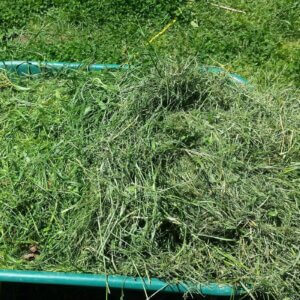

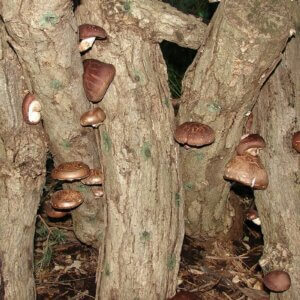
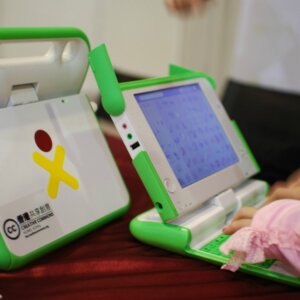
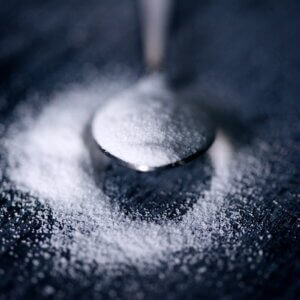
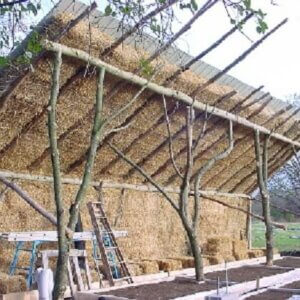

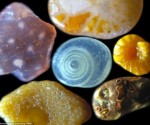
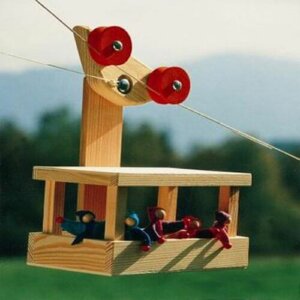
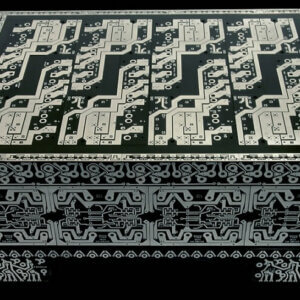




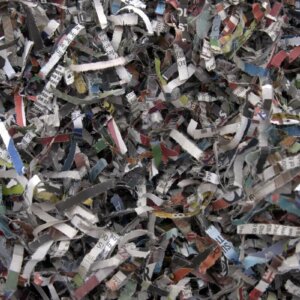



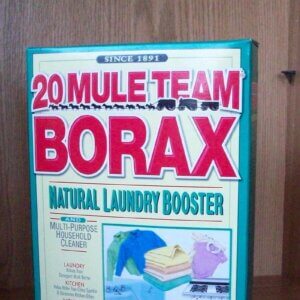
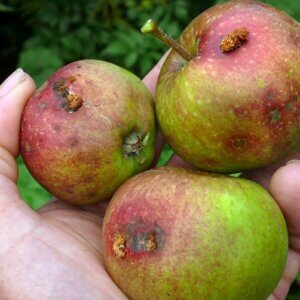
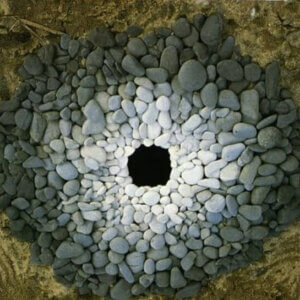

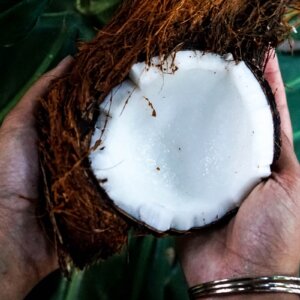

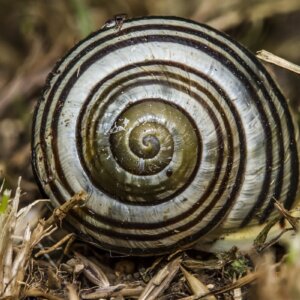


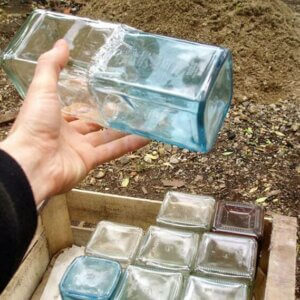

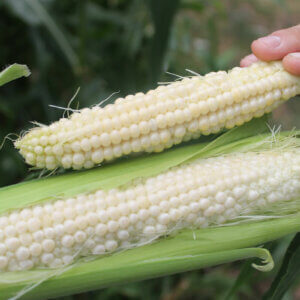

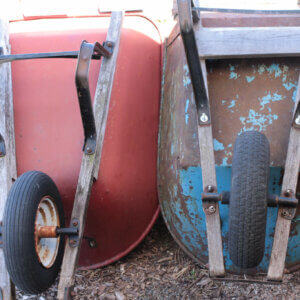


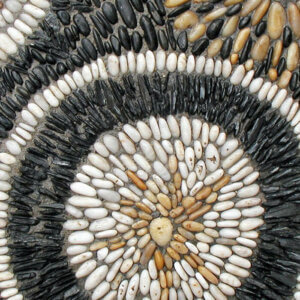

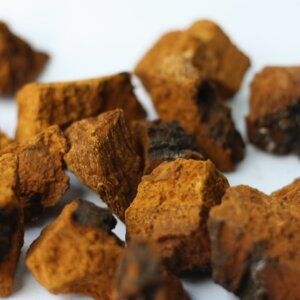


Leave a Reply